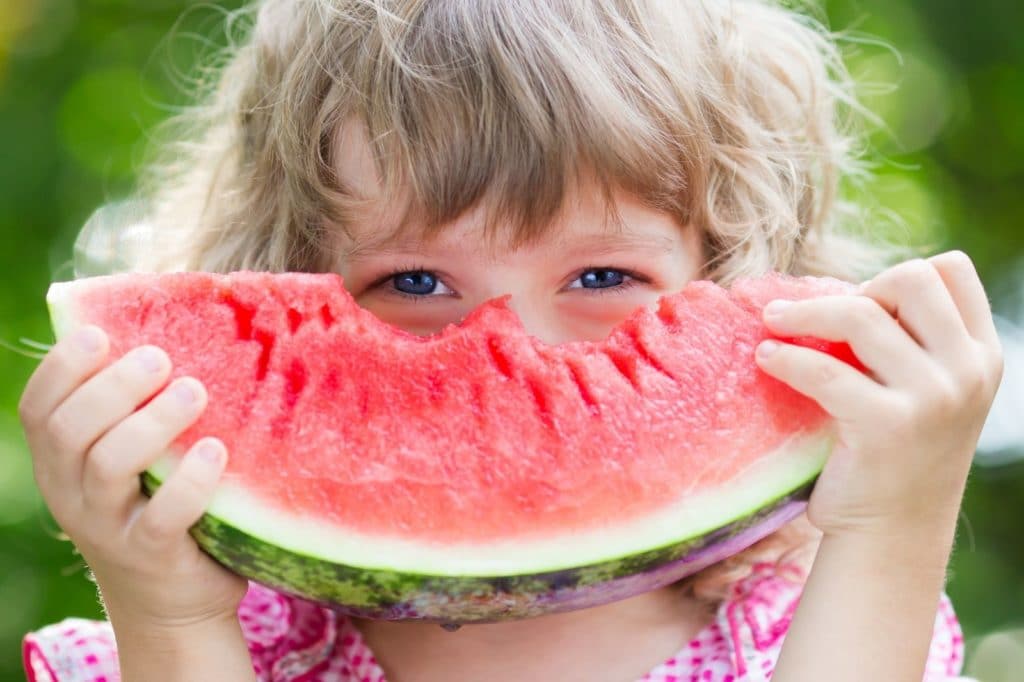After my 2012 blog about parenting a child with mental illness, “I Am Adam Lanza’s Mother,” went viral, I received numerous suggestions about ways to help my child. A surprising number of these comments focused on my son’s diet. “I guess I shouldn’t have let you eat Red Vines or drink root beer,” I joked to Eric, who has always had a fondness for those sugar-laden treats.
While I don’t think that Red Vines and soda caused my son’s mental illness, in fact, like many children with sensory issues and autism spectrum disorder, Eric was pretty particular about what he would and would not eat. He has always shown a preference for bland, white, highly processed carbohydrates. Getting any child to eat vegetables can be a chore, but with Eric, it was a herculean effort. Many parents of children who conditions ranging from autism spectrum disorder to ADHD have tried elimination diets, cutting out things like gluten or casein (a protein found in dairy products). I wondered: would changing Eric’s diet affect his mental health?
As I researched my book, I also became convinced that the link between food and mood, gut and brain, is very real. In fact, my research led me to develop a first-year introductory college course called “You Are What You Eat.” My students read Michael Pollan’s groundbreaking book, The Omnivore’s Dilemma, and explore the complex ways that our dietary choices impact our physical and mental health, both as individuals and within our communities.
I’m interested in food the same way that Pollan is—as a writer and as a parent, not as a scientist or a diet expert. Pollan’s advice about diet in his follow up book, In Defense of Food, is deceptively simple: “Eat food. Not too much. Mostly plants.”
What are the connections between brain health and diet? When I presented at the American Psychiatric Association annual meeting in 2015, I made a point to attend a presentation by Dr. Drew Ramsey about what he calls the “farmacy.” I want to stress that Dr. Ramsey does not see food as a substitute for life-saving medications that can help people to manage their mental illnesses. But as a practicing psychiatrist who grew up on a farm in Indiana, he is interested in the types of food that are optimal for brain health.
Like Pollan, Ramsey stresses that real foods are best for healthy brains. In particular, foods like mollusks, fish, berries, nuts, eggs, leafy greens, and legumes provide specific nutrients that keep our brains performing at their best. These foods provide necessary brain nutrients ranging from Omega 3 fatty acids to vitamin B to folate to the right type of cholesterol. And eating the foods themselves—not taking dietary supplements—is the best way to incorporate these nutrients into our diets. You can watch Dr. Ramsey’s TEDx talk about food and brain health here.
What does this mean for a parent whose child loves Wonder Bread? Parents of children who have mental illness fight so many daily battles—small and large—that trying to get a stubborn child to eat a healthy meal can seem like an impossible task.
But based on my research, I’ve decided healthy meals are worth the fight, and these meals pay off in improved physical and mental health for the entire family. Here’s some advice for ways to change your child’s diet.
- You don’t have to do it all at once! Focus on eliminating processed foods gradually from your family’s diet. This may seem hard. The best thing I ever did was to find a local Community Supported Agriculture program (CSA) that delivers a box of fresh organic produce weekly to my door. You can even purchase “ugly” fruit and vegetables to save money. And surprisingly, my grocery budget has actually gone down because we don’t go to the store as often and are not plagued by checkout line impulse buys.
- Cook meals from scratch—and involve your child in meal planning and preparation. When presented with a list of healthy choices, Eric can make better choices. As a simple example, he loves fast-food style chicken nuggets. We have learned that using organic chicken, we can easily prepare a healthy version at home using whole wheat bread crumbs, herbs, parmesan cheese, and egg. Baked in the oven, these “nuggets” taste delicious and are much healthier than the drive-thru or frozen options. Sweet potato fries, which are easy to make from scratch, are another family favorite.
- You can still have Red Vines and root beer once in a while. Just choose smaller portion sizes, and make sure that sugar-laden foods are occasional treats, not regular menu items. Research has implicated sugar as a significant health risk in the Western diet, in part because it negatively impacts our gut bacteria (the microbiome), which can have surprising impacts on mental health. But Eric still loves his root beer. We compromise now by buying a smaller soda size, and by making sure that he understands that a single 16 ounce soda contains all the sugar a person should eat in an entire day.
While I still don’t believe that mental illness is caused by diet, learning more about the connection between a healthy diet and a healthy brain has convinced me that the food we eat is an important part of managing physical and mental health. You may want to consult with a nutritionist about specific foods and diet strategies that can help your child. Remember that even small changes, for example, choosing a smaller soda or preparing meals from scratch, can have big impacts on your child’s mood and behavior. And you might feel better too.










